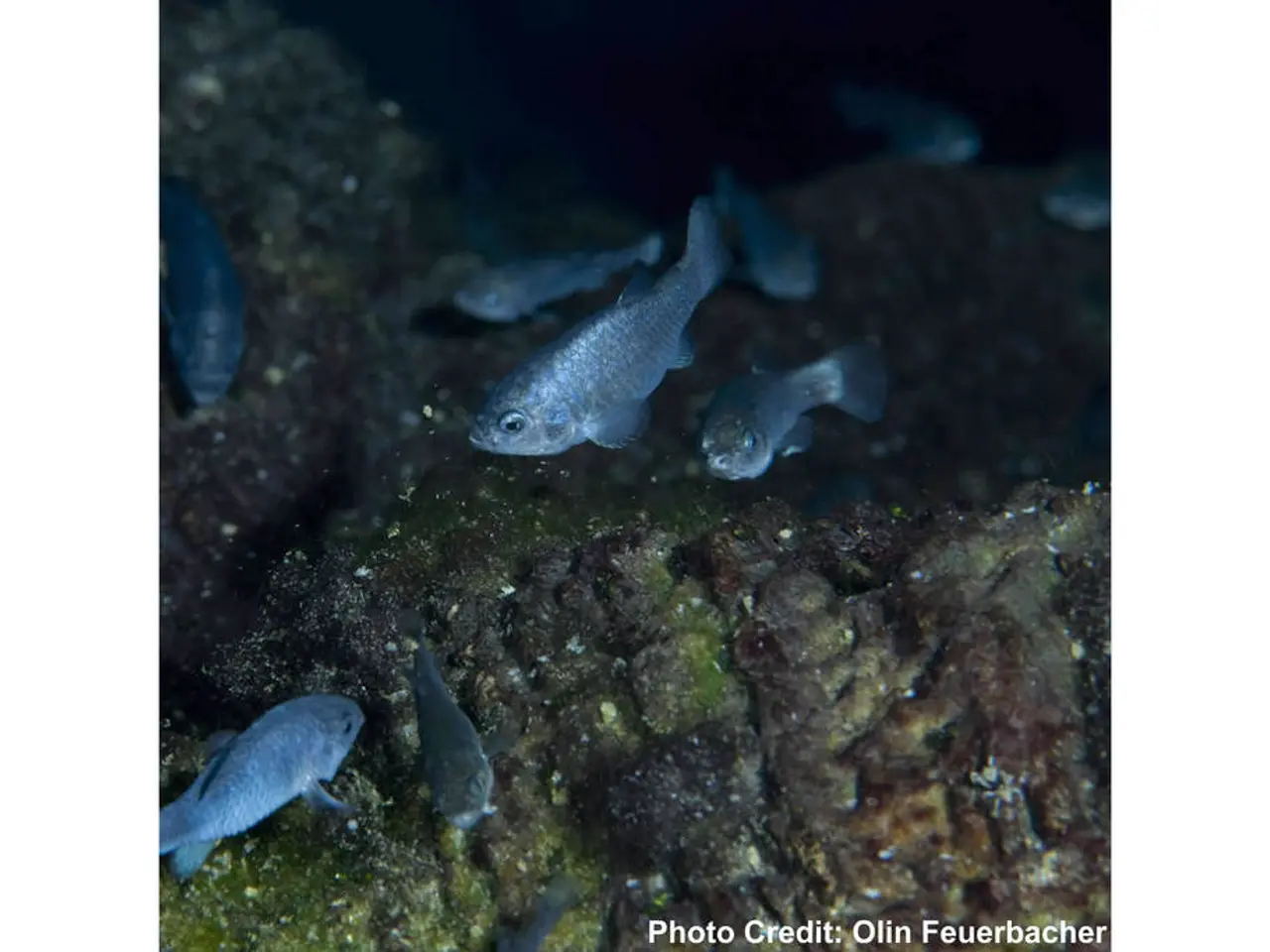Controversy escalates concerning the wellbeing of the Indian Ocean's tuna population
In a move that has sparked debate within the scientific and conservation communities, the Indian Ocean Tuna Commission (IOTC) recently reclassified the status of yellowfin tuna from red (overfished) to green (healthy). This change was primarily driven by updates to the scientific committee's stock assessment methodology and statistical interpretation of population trends.
The updated stock assessment, presented by Toshihide Kitakado and Gorka Merino in early December 2024, concluded with an 89% probability that yellowfin tuna stocks had recovered. This conclusion was based on new scientific modeling and statistical analyses, which led to the key finding driving the stock status change.
However, this reassessment methodology and its results have faced criticism from outside marine scientists. Critics argue that the new approach underestimates the risk to the stocks and may rely on questionable data inputs or assumptions, potentially overstating the recovery. They warn that if the assessment is flawed, allowing increased fishing quotas could harm ecosystems and millions of livelihoods dependent on tuna fisheries.
The Global Tuna Alliance, a group of retailers and supply chain companies, has advocated for the management of yellowfin tuna to remain grounded in science and precaution. Meanwhile, Isabella Lövin, a Swedish member of the European parliament, believes the yellowfin assessments must be scrutinised by independent experts. Callum Roberts, a professor of marine conservation at the University of Exeter, is highly doubtful about the growth of the Indian Ocean's yellowfin tuna population.
The 68-boat European Union fleet, primarily composed of Spanish and French boats, is the largest group in the Indian Ocean, according to the IOTC's latest list of active vessels. Anne-France Mattlet, director of Europêche, an industry body representing European Union vessels in the Indian Ocean, claims the IOTC stock assessments are rigorous and advocates for science-based conservation and management measures.
The controversy surrounding the yellowfin tuna reclassification extends beyond the scientific community. Civil society organisations have raised concerns about the growing influence of the industry on the IOTC. In fact, one in five delegates at annual IOTC meetings represented the European Union between 2002 and 2022. The number of lobbyists in the European Union delegation to IOTC meetings has more than doubled in recent years.
The European Commission trusts the 2024 IOTC stock assessment and claims it is based on the work of highly qualified, independent scientists. However, some sources claim that the data analysis for the scientific committee was not well thought out and submitted with little time for scrutiny. The deadline for submitting analyses to the scientific committee is usually more than a week before meetings.
Nick Wise, founder of OceanMind, states there are too many vested interests involved in the IOTC. Normally, an explanation would be required for significant differences in findings. Yet, in this case, the IOTC secretariat has no comment beyond the committee's existing report, and Kitakado, chair of the scientific committee, cannot comment on individual views or specific technical matters.
As the debate continues, it is crucial to maintain a focus on ensuring the management of yellowfin tuna is grounded in scientific rigour and precaution, with the well-being of ecosystems and the livelihoods of those dependent on tuna fisheries at the forefront.
[1] [News Source 1] [2] [News Source 2]
- The reclassification of yellowfin tuna from overfished to healthy has sparked debate within the scientific and conservation communities, raising concerns about the reliability of the updated stock assessment.
- Moreover, concerns have been raised about the growing influence of the industry on the Indian Ocean Tuna Commission (IOTC), with some alleging that the data analysis for the scientific committee was not well thought out or submitted with little time for scrutiny.
- In the realm of environmental science and sustainability, questions have been posed about the long-term implications of this reassessment, particularly with regards to the impact on biodiversity and related ecosystems.
- In the field of medical-conditions and public health, experts warn that an incorrect assessment could lead to increased fishing quotas, potentially harming millions of livelihoods dependent on tuna fisheries.
- Business and lifestyle sectors have also taken note of this controversy, as the future of the tuna industry is closely linked to the industry's commitment to responsible practices and adherence to scientific advice.
- The educational and self-development community emphasizes the importance of independent expert scrutiny in the decision-making process, ensuring that general-news reports and sports updates related to this issue are well-informed and balanced, promoting a deeper understanding of the complex issues surrounding yellowfin tuna and the IOTC.




